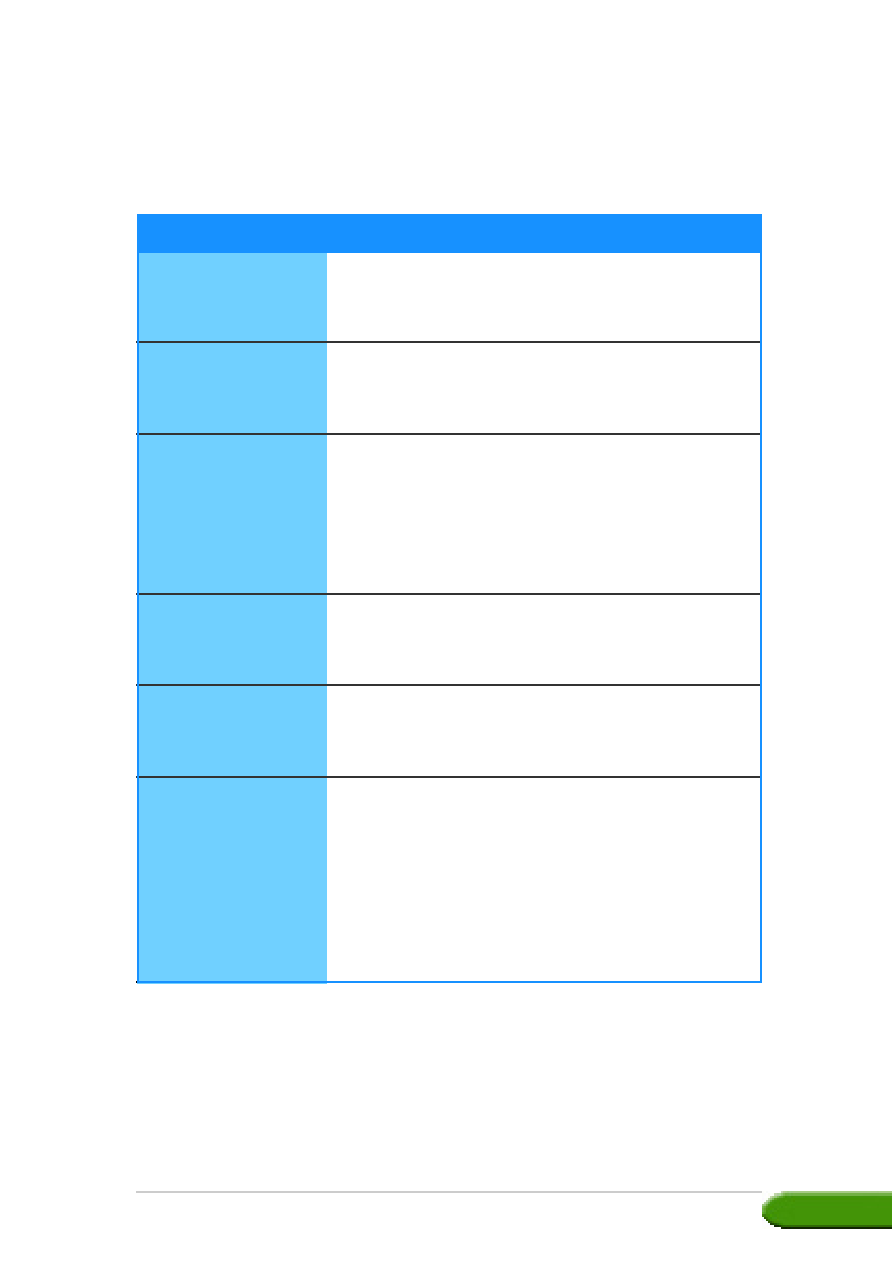
Drivers and utilities installation guide
Drivers and utilities installation guide
Drivers and utilities installation guide
Drivers and utilities installation guide
Drivers and utilities installation guide
A-1
A-1
A-1
A-1
A-1
Appendix: Basic troubleshooting
If you encounter any of the following conditions after installing your
graphics card, try performing one of the possible solutions before calling
for technical support.
Problem
Problem
Problem
Problem
Problem
Cause
Cause
Cause
Cause
Cause
Solution
Cause
Cause
Cause
Cause
Cause
Solution
Cause
Cause
Cause
Cause
Cause
Solution
Cause
Cause
Cause
Cause
Cause
Solution
Cause
Cause
Cause
Cause
Cause
Solution
Cause
Cause
Cause
Cause
Cause
Solutions
No display after the card is installed.
No display after the card is installed.
No display after the card is installed.
No display after the card is installed.
No display after the card is installed.
Your card might not be properly installed.
Make sure that the card is not tilted or skewed on
the slot.
Your monitor might not be properly connected.
Make sure that the signal cable is properly
connected to your monitor and graphics card.
Your graphics card is not supported by your
motherboard.
Check the technical documentation that came with
your motherboard and check the required
specifications for your graphics card (e.g., AGP
voltage requirement).
The graphics card auxiliary power is not connected.
Make sure that the auxiliary power cables are
properly connected with the power supply unit.
Insufficient power supply.
Make sure that your power supply unit can provide
the minimum power requirement to your system.
Incorrect motherboard hardware system settings
(e.g., system control panel connections).
• Make sure that the system control panel cables
are connected properly (e.g., Power Switch,
Reset).
• Make sure that your CPU, CPU fan and/or
memory DIMMs are in good working condition
and are connected properly.

